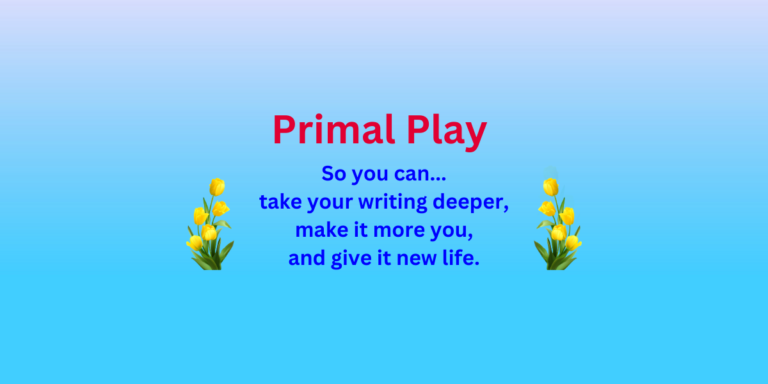7.3 Receptivity - writing into the intimacy of yes
Let me start with a quick flashback into my childhood, a story I’ve told in detail elsewhere. I grew up in a church that followed a bleak version of Calvinism where I was taught that I was unlovable.
I was given to understand this was a permanent condition. Not something I could grow out of. Talk about checkmate. Talk about despair.
Now fast forward. As an adult, when I got serious about writing, I found myself naturally and unconsciously…
Writing into impossibility.
Because impossibility is what I knew.
I wrote to impossible people…
People I could not possibly win over.
Which meant I was really writing for my mom and dad and all those people at my church who were adamantine and immovable.
I was hoping to convince them to…what? Step out of their Calvinistic despair, and come join me in trying to get love to work for us—real love, generous, easy, happy love.
When I finally woke up to the mistake I was making, I started shifting from writing for imposssibles to…
Writing for possibles.
And this was progress, really good progress. I was happy with it—until I found something better.
Now my goal is to…
Write into YES.
I want to write to people who are receptive—to me. I want to write to people who are an eager yes to what I have to say. People who want to join me in upgrading love, despite the dark side of that mission.
Writing to possibles is a fine strategy, and many writers are content with it. They’ve found their target market and they are focused intently on addressing those people and giving them what they need.
But for me, I needed something more than that. Because even with possibles I found myself trying too hard to win them. And when you try too hard, that pushes readers away instead of drawing them in.
I found that the language, “target market,” which works for lots of writers didn’t work for me, because, given my history, I had this compelling urge to manage the reactions of my readers. Like I needed to make sure they responded exactly the way I wanted them to respond.
Which is some twisted version of co–dependency. Which is definitely not good for me.
So now I like assuming that I’m writing to people who are…
Already won over.
Maybe that’s a trick of the imagination, but it works for me.
I want to say my piece and then let go. I want my readers to have their own true reactions and make their own decisions. I want them to take responsibility for themselves in that way.
This means I’m not looking for people to follow me, I want people to come play with me through my books.
The thing I like best about writing into YES, what I like best about the feeling of being deeply received, is that this…
Allows me to open up and play.
I reach deeper, I become more vulnerable, and so what I write becomes more valuable to my readers.

